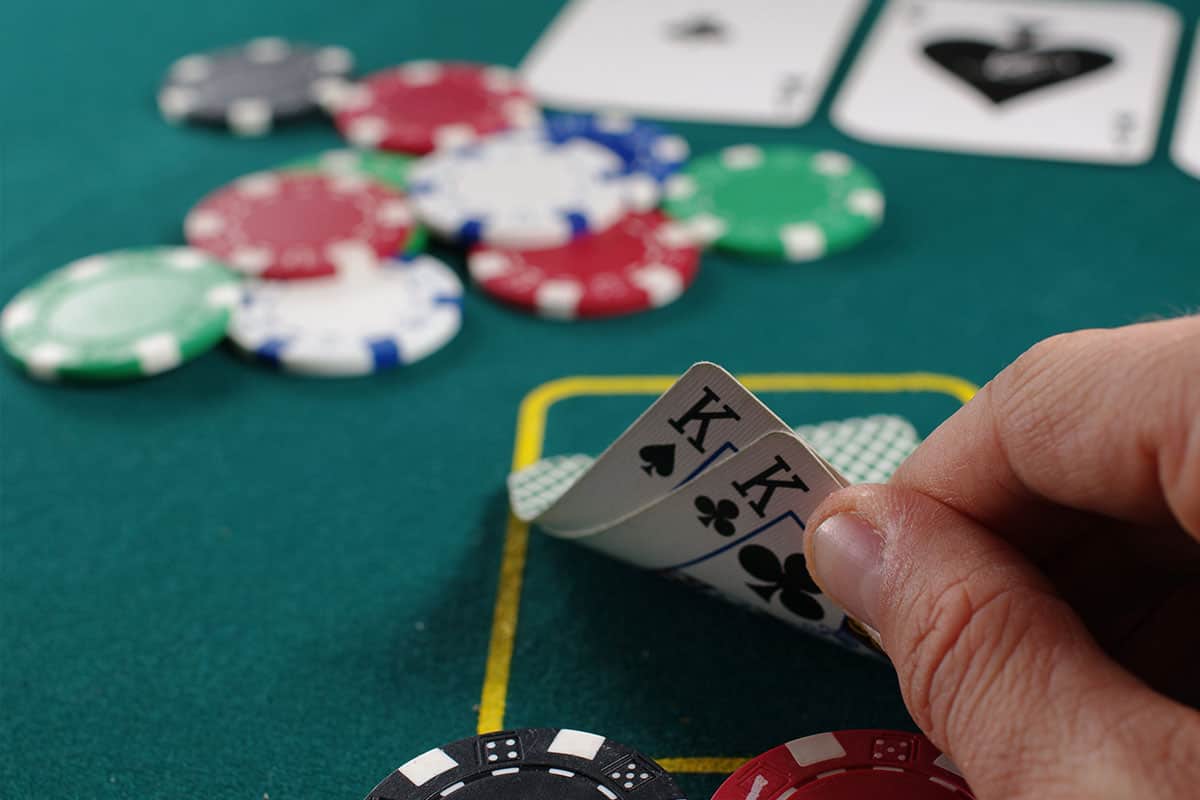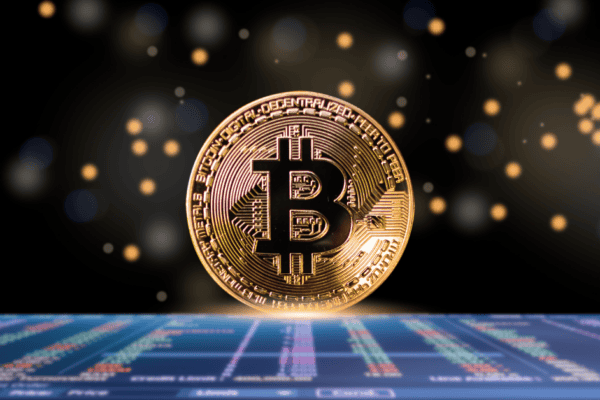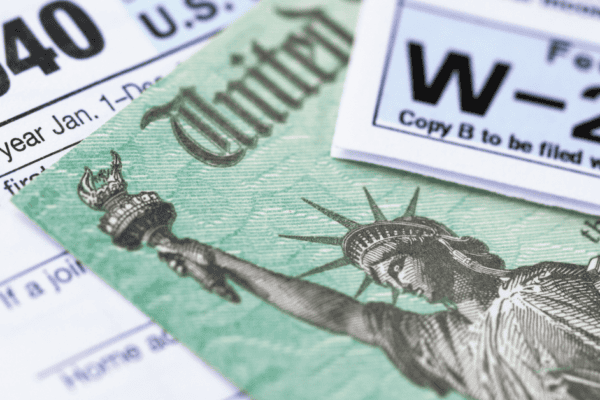“Everyone gets lucky once in a while, but no one is consistently lucky.” ~ Doyle Brunson
Any good poker player will tell you that luck can influence one hand, but given enough time, the player with skill will beat a lucky player almost every time. The same concept applies to investing. Anyone can get lucky and pick a stock that may go up, but what does it mean to be skillful as an investor? How can you emulate some of the great poker players that always seem to be in the game at the end of a tournament? The best advice we can give is to play the odds. Just as a great poker player knows the odds of one hand beating another, a great investor knows the odds when it relates to investing. We are going to cover some of the most important investment odds below:
- Stocks vs. bonds/cash– do you ever sell out of stocks to take less risk? What are the probabilities that will be a good decision? It turns out not very good. If you are a short-term trader and only plan on staying out of the market for 1 month, the data tells us you have a 60% chance of being wrong (stocks beat one-month T-bills 60% of all months going back to 1926). If we assume you may stay out longer, presumably until markets show signs of getting better, it gets even worse. Stocks beat T-Bills 70% of all rolling 1 year periods, 78% of all rolling 5 year periods, and 85% of all rolling 10 year periods. Every day you stay out of the market lowers your probability of matching the market performance. Now, that is not to say you shouldn’t own bonds or cash. Most investors should have some bonds and cash in their portfolios to lessen the stock market’s volatility. The problem is when you own bonds or cash tactically. That is, you are holding these asset classes because you believe you can time when to get in (or out of) the stock market. Doing this over any time period is a recipe for underperformance.
- Individual stocks vs. owning the market– the statistics on owning individual stocks are shocking. Owning just a few stocks looks a lot like gambling. A recent study[1] determined that 58% of individual stocks failed to beat Treasury bills over their lifetime. Even more fascinating is that approximately 4% of stocks are responsible for all the market’s excess gain (returns over Treasury bills). This tells us how much luck plays into winning at stock picking. If you only have a 42% chance of outperforming Treasury bills and a much smaller percentage chance of outperforming the market, does that seem like a good bet to you (versus just owning the market)?
- Small companies vs. large companies– if you think small companies seem riskier than the big blue-chip names, you’d be right. Small companies are more volatile than their larger counterparts, but there is good news as well. You are compensated for the risk you take. Over 1, 5, and 10 year rolling periods since 1927, small companies beat large companies 57%, 64%, and 72% of the time, respectively. Focusing on the large companies may feel like the right thing to do, but investing in small companies is the correct way to play the odds. You’ll note that these probabilities aren’t as high as stocks vs. bonds, so not “going all-in” is important. There is still a near 30% chance that small companies will underperform larger companies over 10 years.
- Value companies vs. growth companies– similar to small and large, value companies have generated higher returns than growth companies over time. “Value” is a nice way of saying distressed or cheap. While the growth companies grab the headlines, value stocks have consistently outperformed these growth companies over multiple time periods (going back to 1926). In fact, value stocks have outperformed growth stocks 61% of all rolling 1 year periods, 75% of all rolling 5 year periods, and 84% of all rolling 10 year periods.
With all of the statistics, you find that the longer you have to invest, the more the odds will favor you. Like the professional poker player…they may get beat on the one hand, but if you pters far less than skill. Be and if you play long enough skillful investor and play the odds.
[1] Bessembinder, Hendrik (Hank), Do Stocks Outperform Treasury Bills? (May 28, 2018). Journal of Financial Economics (JFE)



